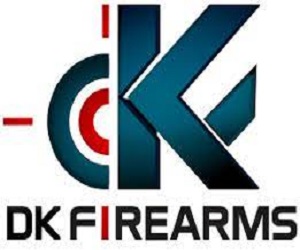Tenhoff
Active Member
- Sep 14, 2012
- 156
I'm interested in getting an 1858remington new army .44, I heard that replica models of guns made before a certain date (1895 I think?) are not considered firearms. If it doesn't qualify as a traditional firearm, does that mean I can buy one under 21? I'm 19 now.
http://www.cabelas.com/catalog/product.jsp?productId=731695
http://www.cabelas.com/catalog/product.jsp?productId=731695

